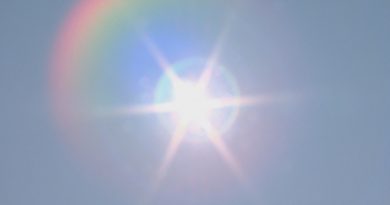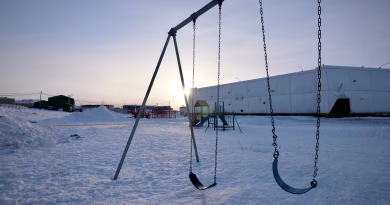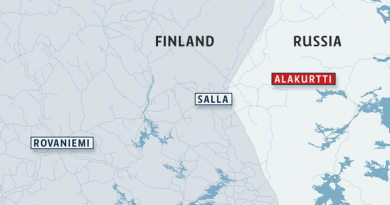What you need to know about the federal carbon tax in Yukon, northwestern Canada
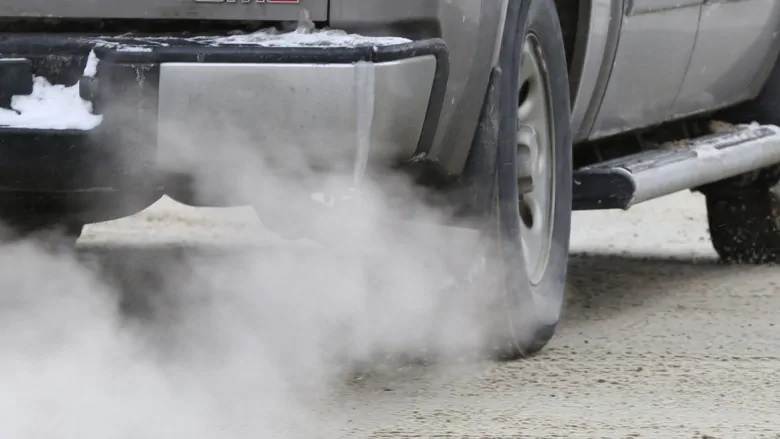
The federal government first announced its carbon pricing program back in 2018. It began in Ontario, New Brunswick, Saskatchewan, and Manitoba on April 1. It came into effect in the Yukon on July 1.
Here’s what Yukoners need to know about how the carbon tax is being implemented in the territory.
1. What is the carbon tax? How does it work?
Under the carbon tax, the Government of Canada has put a direct price on each tonne of greenhouse gas emissions.
The aim of the tax is to increase the cost of carbon-intensive fuels so alternative energy sources are more cost-competitive, leading to changes in behaviour. It is designed to lower Canada’s carbon emissions so the country can meet the reduction targets it agreed to at the Paris climate summit.
Each territory and province has its own way of implementing the carbon tax. The Yukon is applying a tax to gasoline, diesel and propane as well as other fuels.
2. Who is getting taxed?
The tax is applied at the point of sale, so anyone purchasing any of the carbon-emitting fuels will be taxed.
People will feel the tax most when gassing up vehicles with gasoline costing 4.42 cents more per litre.
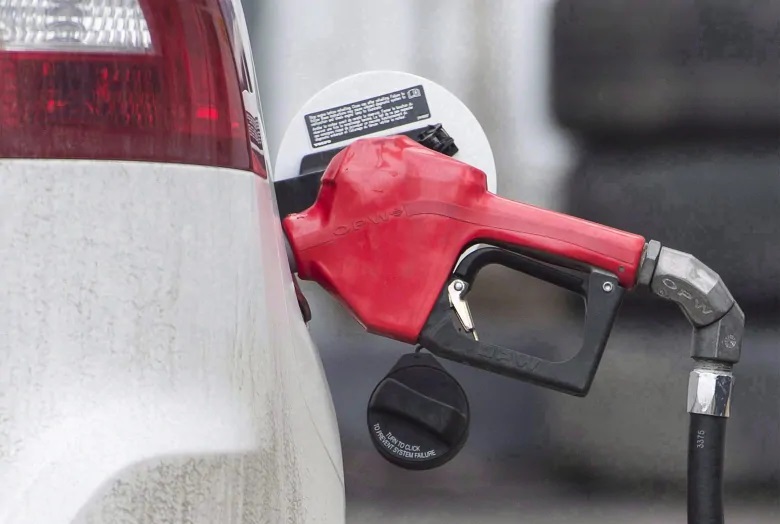
Yukoners are estimated to pay an extra $84 in the first year of the carbon tax.
There are exemptions to the carbon tax. Commercial fishing and agriculture are federally exempt. Aviation fuel is also exempt in all three territories and there are relief measures for diesel-powered electricity in remote communities and greenhouse operators.
3. How much is the tax?
In the first year, the tax is set at $20 per tonne of carbon emissions. The rates will increase by $10 per tonne each year beginning on April 1, until it reaches $50 per tonne in 2022.
When purchasing fuel in the Yukon, the rate breaks down to:
- Gasoline: 4.42 cents/litre
- Diesel: 5.37 cents/litre
- Propane: 3.10 cents/litre
The yearly impact of the carbon tax will be an average of $260 per Yukon household.
The Government of Canada is expected to collect $7.8 million in revenue from the Yukon in the first year of the tax.
4. What is the rebate?
To compensate for the increase in costs, the federal government has said it will return the revenue from the carbon tax to each territory and province where it was collected.
5. Who is eligible for a rebate?
Yukon individuals, businesses, First Nations governments, municipal governments, and placer and quartz mining operations. Tourists, the Yukon and federal governments are not eligible for the rebate.
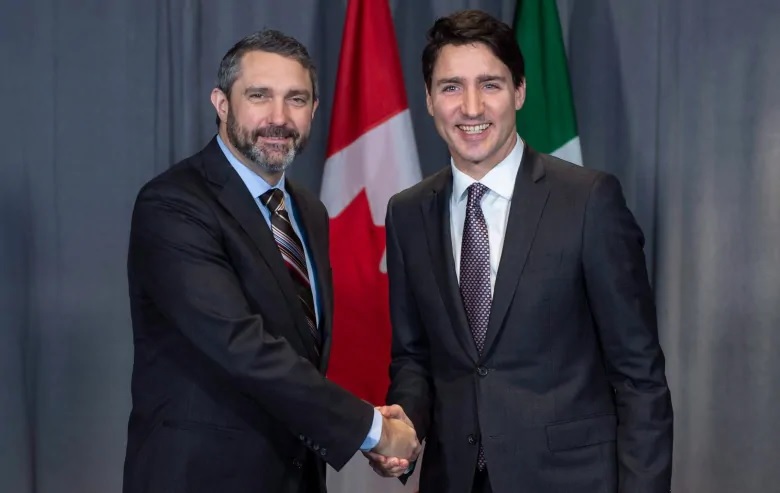
Yukon First Nations governments are expected to pay about 0.5 per cent of the total tax, but will receive one percent of the revenues. Municipal governments will pay about 2.5 per cent of the total tax and will receive three per cent of the revenues.
Individual Yukoners over 19 years old who have filed their taxes will get their first rebate payment of $43 in October and the second, also $43, in April 2020. From July 2020 onwards, payments will be made quarterly and include a 10 per cent supplement for people living in remote areas in the Yukon.
Rebates will be issued by the Canada Revenue Agency the same way tax returns are issued, through cheque or by direct deposit.
6. What impact will the tax have on emissions?
The carbon tax is expected to reduce greenhouse gas emissions in the Yukon by approximately 20 kilotonnes in 2020 and 32 kilotonnes in 2022.
The Federal, provincial and territorial governments are expected to work together to complete an interim report on carbon pricing in 2020 and a five-year review in 2022.
Related stories from around the North:
Canada: Nunavut gov unveils carbon tax mitigation measures, CBC News
Finland: Few Finns willing to make sacrifices alone for climate, poll finds, Yle News
Norway: Unfazed by youth climate protests, Norwegian gov expands Arctic drilling, The Independent Barents Observer
Russia: Warmest winter ever on the Northern Sea Route, The Independent Barents Observer
Sweden: Local councils in Sweden more interested in climate change preparedness, Radio Sweden
United States: Alaska’s largest city unveils climate plan calling for 80 percent emissions cut by 2050, Alaska Public Media

